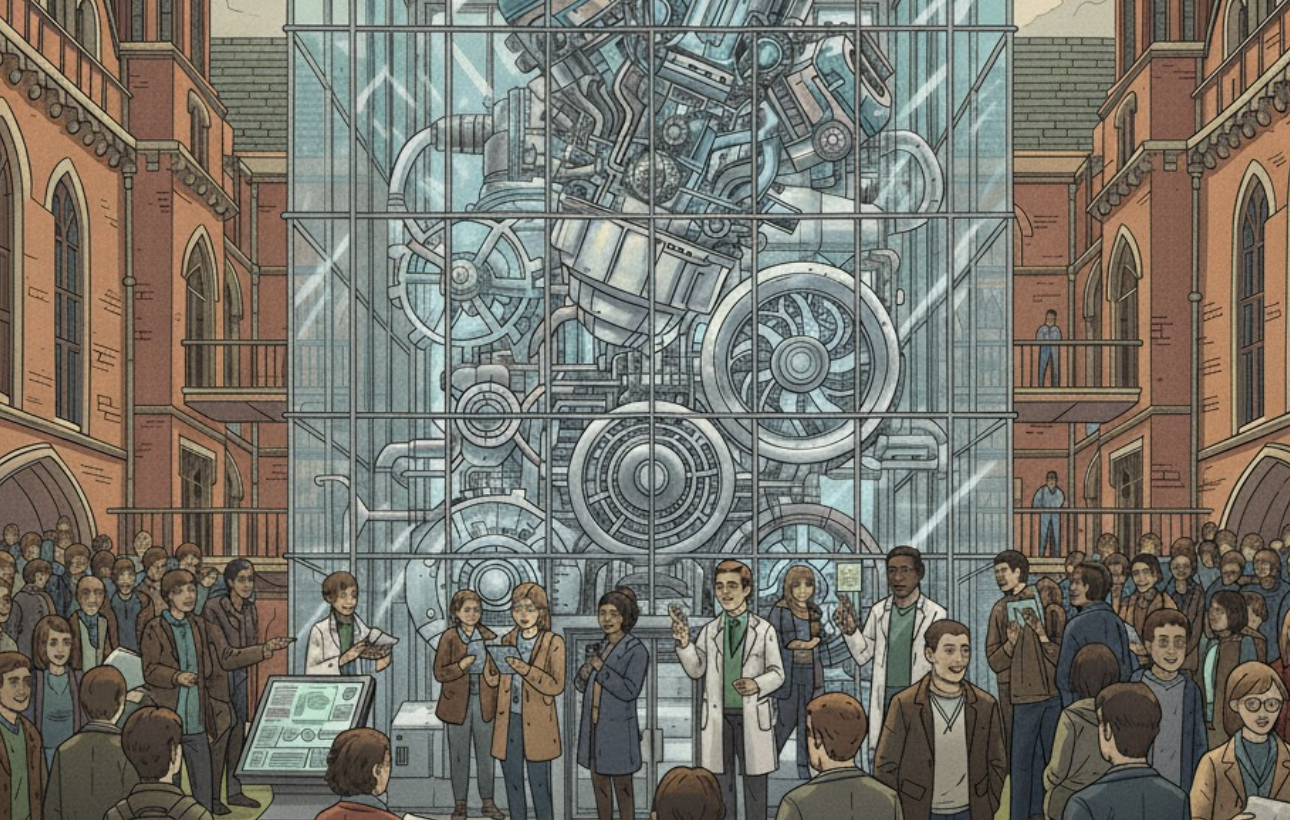More than just an engine: Why the GM Civic University Agreement needs a conscience

The announcement of a refresh of the priorities of the Greater Manchester Civic University Agreement caught my eye this week. My uni MMU, is one of the universities involved.
The agreement comes from a collection of the region's biggest universities working and outlines the priorities they think will help them meet a “shared ambition to make Greater Manchester “the best place to grow up, get on and grow old in the UK”
I was very happy to see culture and creative industries singled out in its priorities.
We will work collectively to strengthen Greater Manchester’s creative and cultural sector, growing its global reputation and supporting inclusive participation. This will include developing innovative teaching partnerships and responding to the evolving skills needs of the creative economy through our taught programmes and research, as well as supporting start-ups through collaboration with the GM Business Board, the Creative Industries Sector Panel and Innovation GM. We will continue to create and promote opportunities for communities to engage with our cultural institutions and research.
At the heart of this strategy is a powerful but not particularly contentious idea: framing universities as "engines" for achieving bigger strategic aims. There’s nothing in there that I disagree with. But I do feel there’s something missing.
I’d like to see more said about a role for our universities that is just as important: the role of a conscience.
Explicitly critical
The most valuable skill we impart to students is critical thinking. That’s the thing that, when linked with employability, makes for thoughtful and innovative doers. That’s our key export and exactly what the strategy wants to encourage - this is innovation and knowledge transfer writ large.
However, at a strategic level like this, priorities are often defined by tentpole initiatives - big research projects and big concepts (There's some discussion of how the KEF frames this kind of thing). It’s tempting to assume that critical thinking is there by default, baked into the process of ethics and impact and all that research-related stuff.
Of course, no one is coming into this to be unethical or uncritical. But I think there needs to be something more directly stated rather than implied or assumed just because it's universities doing this stuff.
Critical priorities.
Under the current agreement, an internal board is tasked with monitoring progress against any targets set. That's project management. A conscience would find a way to consider that progress, not just measure it. It's not just about "what we do and how we measure it, so we can say with confidence what we have achieved" It's also asking why we do it, so we can say with confidence we did it right.
Maybe something like…
We will work collectively to encourage and enhance a culture of open civic engagement and enquiry. This will build on our fundamental role as universities in creating an environment for critical thinking to continuously explore the value and impact of strategic decisions on everyone in Greater Manchester.
Just to be clear: the re-statement of priorities (and what they represent) is wholly positive. And I'm not arguing that critical thinking or civic thinking is missing – it's the underlying aim of this kind of agreement.
However, if our universities are to be truly "civic," they must explicitly bring their most unique and valuable strength to the table: the institutional and academic freedom to think critically and question things—even if that's their own strategic partners.
Universities should sit at the heart of any strategy to make Greater Manchester better. But to do that, we need to be more than just powerful engines. We also need to be the region's most honest, rigorous, and constructive conscience
